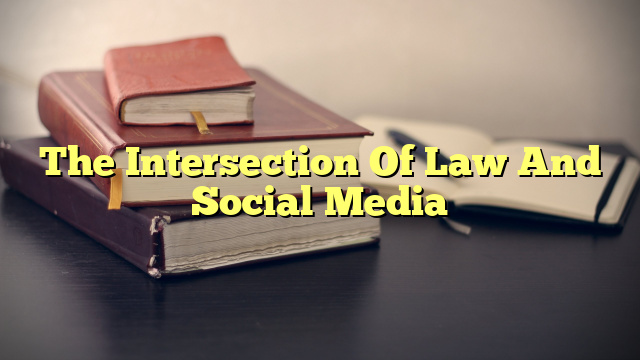Introduction
Social media is now a ubiquitous part of our lives. It is used to connect with friends, family, and co-workers, to stay informed of current events, and increasingly, to conduct business. The rise of social media has been accompanied by a corresponding rise in the legal issues surrounding its use. This article will examine the intersection of law and social media, and will answer some common questions about the legal implications of using social media.
Table of Contents
- How Does Social Media Relate to Law?
- Do Lawyers Have Access to Social Media?
- What Are the Legal Constraints on Social Media?
- Are There Laws About Social Media Privacy?
- Conclusion
How Does Social Media Relate to Law?
Social media is subject to the same laws as other forms of communication, such as the laws of defamation, privacy, copyright, and trademark. In addition, there are laws specific to social media, such as laws against cyber-bullying and laws that regulate the way that companies use social media to interact with customers. In general, social media is subject to the same legal constraints as any other form of communication.
Do Lawyers Have Access to Social Media?
Yes, lawyers are able to access and use social media. The American Bar Association has issued guidelines for the appropriate use of social media by lawyers. Generally, lawyers should not use social media to discuss confidential client matters, and they should use the same level of professionalism on social media as they would in any other professional setting.
What Are the Legal Constraints on Social Media?
Social media is subject to the same legal constraints as any other form of communication. This means that it is subject to the laws of defamation, privacy, copyright, and trademark. It also means that there are laws that regulate the way that companies use social media to interact with customers, including laws against cyber-bullying. Furthermore, some states have laws that regulate the way that employers use social media to monitor their employees.
Are There Laws About Social Media Privacy?
Yes, there are laws that regulate social media privacy. Generally, these laws require companies to provide users with an opportunity to opt-out of having their information shared with third parties. Furthermore, there are laws that regulate the way that employers use social media to monitor their employees. For example, some states have laws that prohibit employers from asking employees to provide access to their social media accounts.
Conclusion
Social media is subject to the same laws as other forms of communication, and there are laws specific to social media as well. Lawyers have access to social media, but they must use it in a professional manner. Finally, there are laws that regulate the way that companies use social media to interact with customers, and there are laws that regulate social media privacy. It is important to be aware of these laws so that one can use social media in a legally compliant manner.

